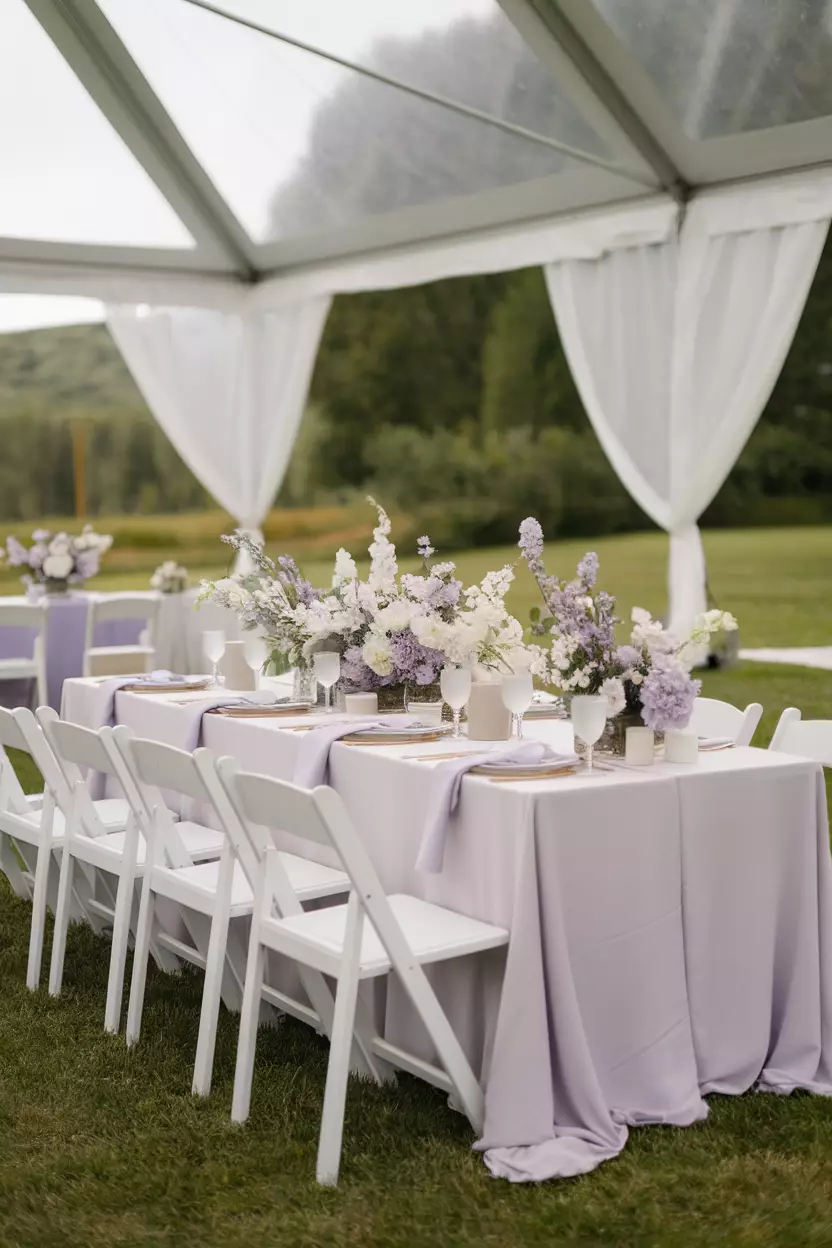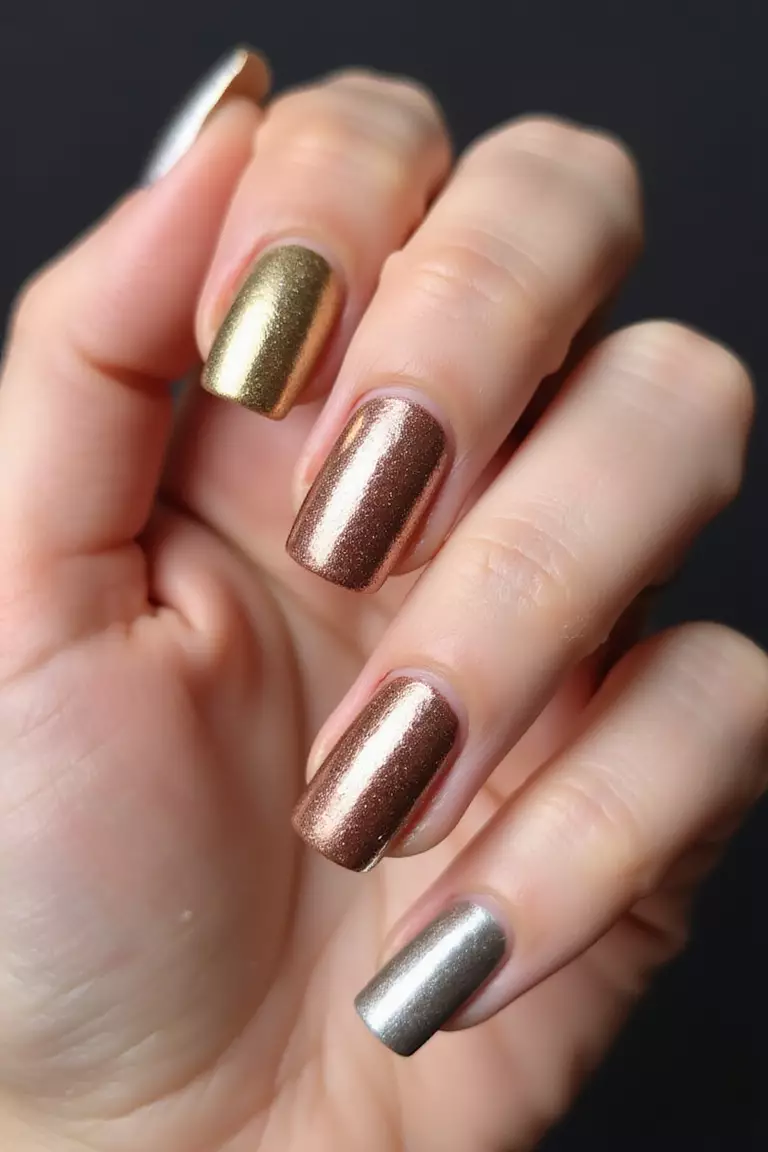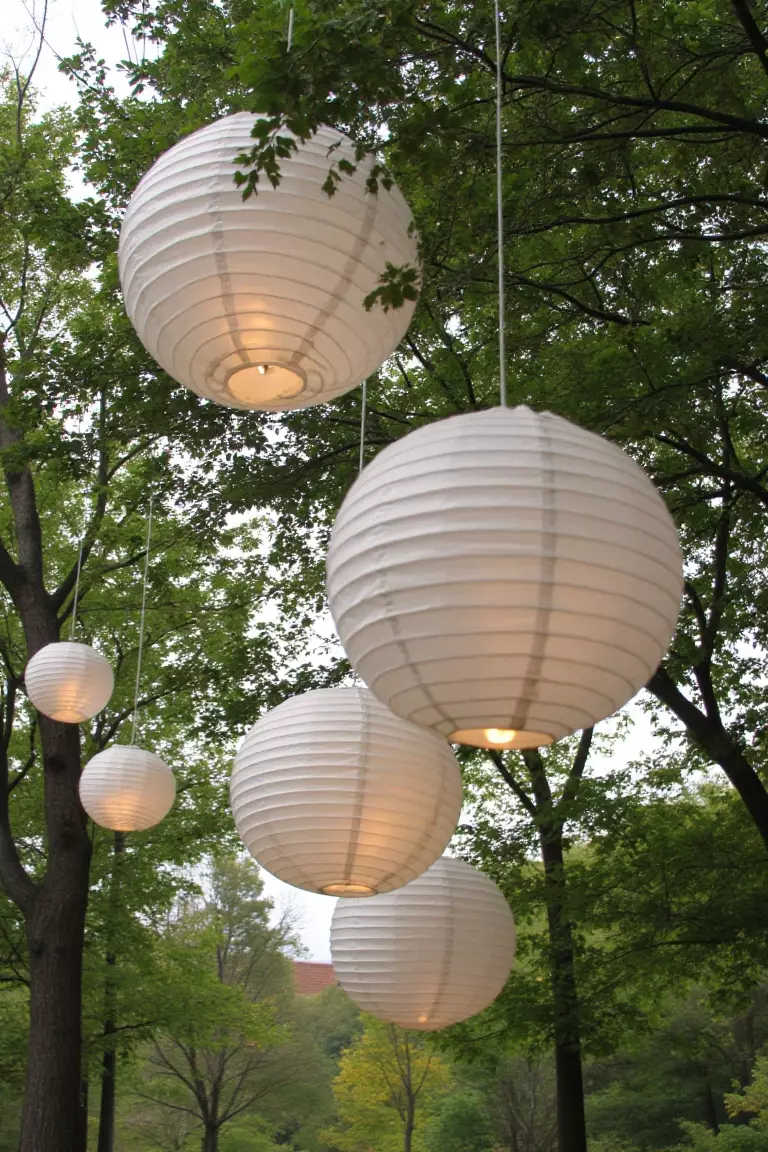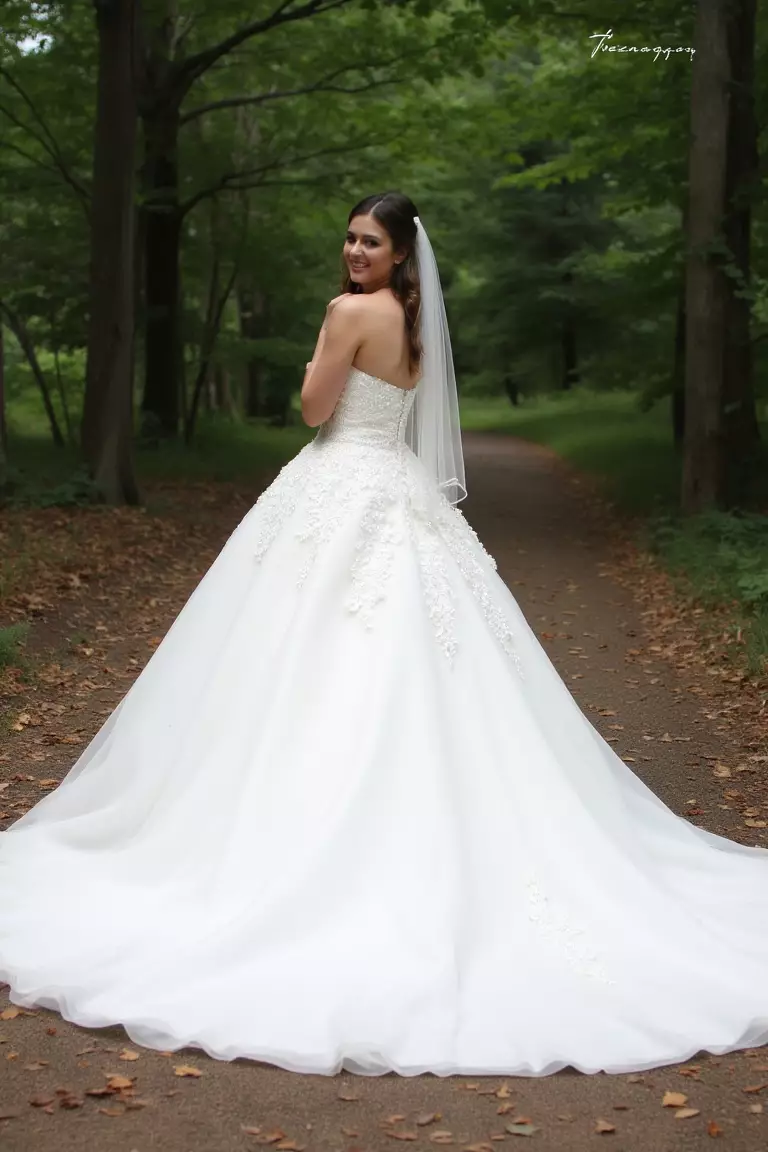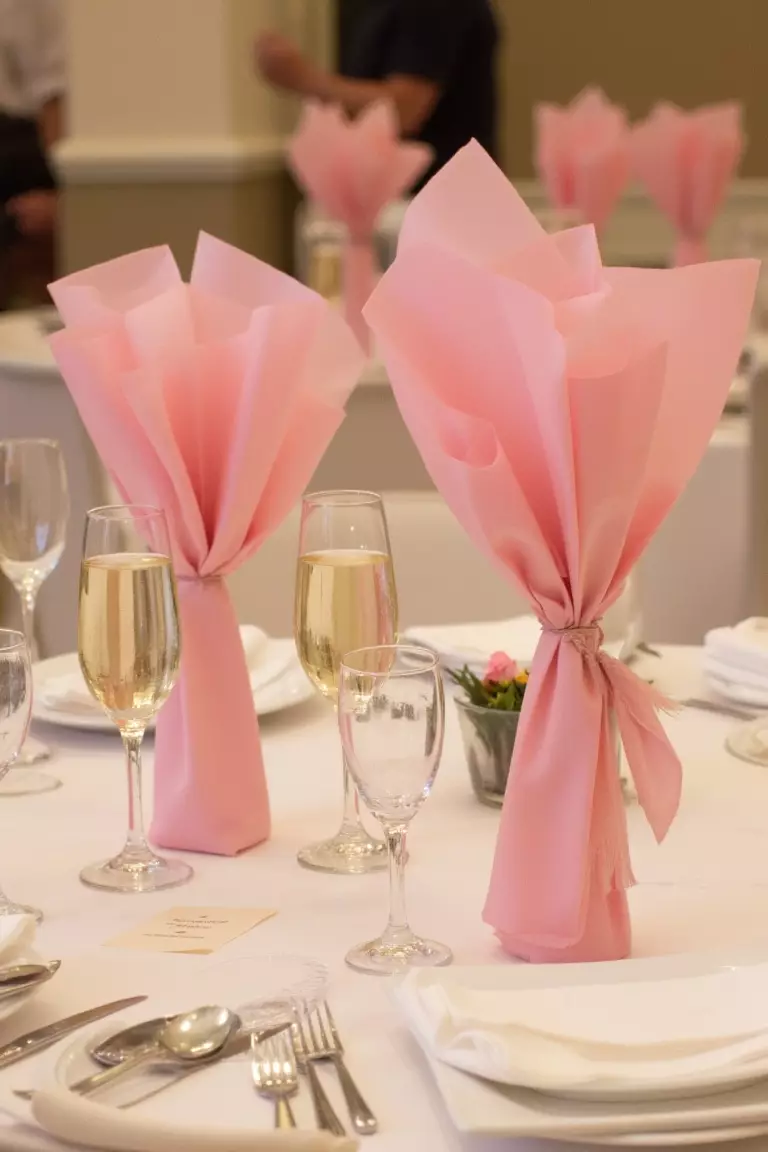How to Pick Your Ideal Wedding Date
Like Cinderella’s perfect stroke of midnight, your wedding date serves as the foundation for your entire celebration. You’ll need to juggle multiple factors when selecting this essential day—from seasonal preferences and budget constraints to venue availability and guest schedules.
Your chosen date affects everything from the flowers in season to the weather you’ll encounter, and even how much you’ll pay for services. Balancing these practical considerations with meaningful personal connections will help you find that sweet spot where magic and logistics peacefully coexist.
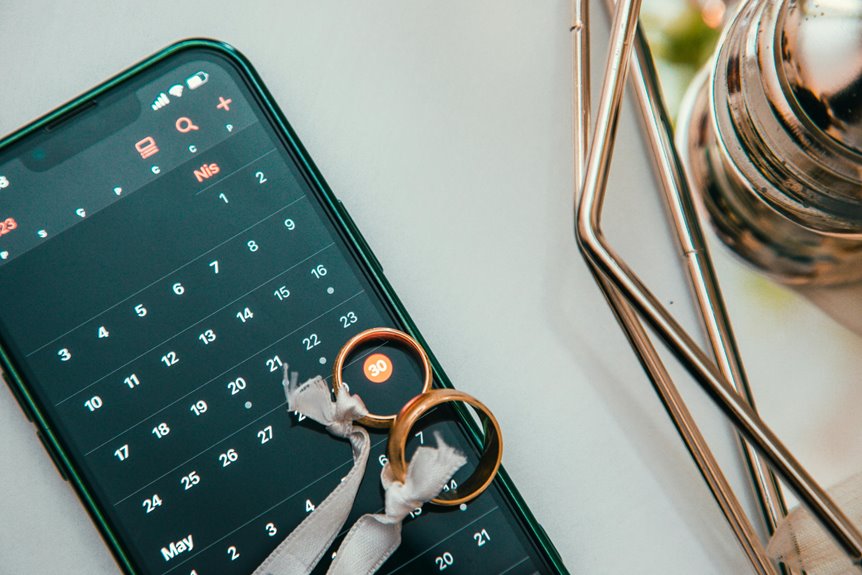
Key Takeaways
- Consider seasonal preferences and weather patterns that align with your vision, including backup plans for potential weather issues.
- Schedule your wedding during off-peak months (January-March) to save thousands on venue and vendor costs.
- Check availability of must-have venues and vendors early, as popular options book 12-18 months in advance.
- Poll VIP guests about potential conflicts before finalizing the date to ensure important people can attend.
- Avoid major holidays and local events that could increase costs and create logistical challenges for traveling guests.
Consider Your Seasonal Preferences
When envisioning your perfect wedding day, the season you choose sets the entire tone for your celebration. Each season offers unique advantages that align with different wedding styles and personal preferences.
Spring weddings showcase nature’s renewal with blooming flowers and moderate temperatures. Though rain showers might necessitate backup plans.
Summer provides longer daylight hours and vibrant outdoor settings. But you’ll need to reflect on potential heat and higher venue costs during peak season.
Fall delivers stunning foliage backdrops and comfortable temperatures. This makes it increasingly popular among couples seeking rustic elegance.
Winter ceremonies offer magical possibilities with holiday décor and potential cost savings. Though weather unpredictability requires extra planning.
Before committing to a date, visit potential venues during your targeted season. This practical step helps confirm if your seasonal vision matches reality.
Evaluate Budget and Financial Timing
Although your dream wedding date might align perfectly with your favorite season, your financial situation deserves equal consideration before making any commitments. Wedding expenses can add up quickly, so timing your celebration strategically can save you thousands.
Consider scheduling your wedding during off-peak months when venues and vendors offer discounted rates. January through March typically features the best deals, while Saturday evenings in June command premium prices.
You’ll also want to align your wedding date with your personal cash flow cycles—perhaps after receiving a year-end bonus or tax refund.
Don’t forget to factor in payment due dates. Most vendors require deposits months in advance, with final payments due weeks before your big day.
Creating a payment timeline alongside your wedding date selection helps prevent financial stress during what should be a joyful planning process.
Check Venue and Vendor Availability
Once you’ve narrowed down your target wedding date range, securing your dream venue and key vendors becomes your next critical priority. Popular venues and in-demand professionals often book 12-18 months in advance, especially during peak wedding season. Don’t hesitate to contact multiple options simultaneously to compare availability.
| Vendor Type | Booking Timeline |
|---|---|
| Venue | 12-18 months ahead |
| Photographer | 9-12 months ahead |
| Caterer | 8-10 months ahead |
| DJ/Band | 6-9 months ahead |
| Florist | 6-8 months ahead |
Consider weekday weddings if you’re facing limited availability—they’re typically less expensive and more accessible. When checking availability, don’t just secure your first choice date.
Always have 2-3 backup options. This flexibility might help you land your perfect venue even when their calendar seems full.
Assess Guest Availability and Travel Considerations
Why might your perfect wedding date fall flat if half your guests can’t attend? Your celebration’s success depends largely on who can share it with you.
Start by identifying your VIPs—those must-have guests like immediate family and closest friends. Poll them about potential conflicts before finalizing your date.
Consider creating a simple digital survey to efficiently gather everyone’s availability.
For guests traveling long distances, be mindful of peak travel seasons when flights are expensive and accommodations scarce. Holiday weekends might seem convenient but often mean inflated travel costs.
Conversely, off-season dates could offer your guests significant savings.
Don’t forget to check for major events in your wedding location that might affect travel. Conferences, festivals, or sporting events can make hotels scarce and traffic unbearable.
Explore Meaningful Dates and Anniversaries
When could your wedding date tell its own meaningful story? Selecting a date with personal significance adds a layer of sentiment to your celebration that you’ll cherish for years to come.
Reflect on dates that already hold special meaning in your relationship or family history.
Some meaningful options to reflect on:
- The anniversary of your first date or when you met
- Your parents’ or grandparents’ wedding anniversaries, honoring family legacy
- A date with numerological significance (like sequential numbers or patterns)
You don’t need to limit yourself to obvious choices. Sometimes the perfect date emerges from unexpected places.
Perhaps the day you closed on your first home together or when you adopted your beloved pet.
Whatever date you choose, it’ll gain new significance as your wedding anniversary.
Factor in Weather Patterns and Regional Climate
Weather patterns should top your list of practical considerations when selecting your wedding date, as even the most meticulously planned celebration can be compromised by unexpected climate conditions.
You’ll want to research historical weather data for your chosen location, noting seasonal temperature trends, typical precipitation levels, and potential regional risks like hurricane season in coastal areas or wildfire season in the West.
Your guests’ comfort and safety, along with your vision for indoor versus outdoor festivities, will thank you for anticipating Mother Nature’s potential impact on your special day.
Seasonal Temperature Considerations
Although selecting your wedding date often revolves around venue availability and guest convenience, the seasonal temperature at your chosen location will considerably impact your overall experience.
Remember that extreme temperatures can affect everything from your comfort to your photography results.
Consider these temperature factors when choosing your date:
- Spring (50-70°F): Often comfortable for outdoor ceremonies, but prepare for potential rain and temperature fluctuations.
- Summer (75-95°F): Ideal for evening celebrations, but midday heat may necessitate indoor portions or cooling stations.
- Fall (55-75°F): Usually offers moderate temperatures and stunning natural backdrops. Though evenings cool quickly.
- Winter (30-50°F): Creates cozy, intimate atmospheres. Requires indoor venues or robust heating solutions.
You’ll want to check historical temperature data for your specific location.
Regional variations can considerably alter these ranges.
Regional Weather Risks
Beyond temperature ranges, specific weather risks in your chosen region can considerably impact your wedding day experience.
Hurricane season threatens coastal Atlantic venues from June through November, while tornado risk peaks in the Midwest during spring months.
You’ll want to research these patterns before setting your date. The Pacific Northwest faces persistent rain from October to May, making summer weddings more reliable there.
Desert regions bring extreme heat risks but minimal rain concerns during summer months. Mountain locations can experience unpredictable snowstorms well into spring.
Don’t forget to investigate your venue’s contingency plans for weather emergencies. Many experienced venues have dealt with regional risks before and can guide your planning.
While you can’t control the weather, understanding your region’s typical patterns helps you make an informed decision and prepare appropriate backup options.
Account for Major Holidays and Local Events
When planning your wedding date, have you taken into account how major holidays and local events might impact your special day? Your dream date could coincide with busy times that affect venue availability, guest attendance, and even your budget.
Before finalizing your date, research these potential conflicts:
- Major holidays (Thanksgiving, Christmas, New Year’s Eve) often mean higher prices, family obligations, and travel challenges for guests.
- Local festivals or conferences can create accommodation shortages and traffic congestion.
- Sporting events like championships or marathons might block hotels and create transportation headaches.
You’ll want to check your city’s event calendar at least a year in advance.
Don’t forget to think about religious or cultural holidays important to your families.
Being strategic about these conflicts can save you stress and guarantee more of your loved ones can attend.
Allow Sufficient Planning Time
Setting your wedding date requires careful consideration of how much planning time you’ll actually need. Most experts recommend allocating 12-18 months for a traditional wedding, though this timeline can flex based on your vision and circumstances.
For elaborate celebrations with custom elements, you’ll want the full planning runway. However, if you’re envisioning something more intimate, you might comfortably plan within 6-9 months.
Remember that popular venues often book up to two years in advance, while in-demand photographers typically need 9-12 months’ notice. Your planning window also depends on practical factors like dress alterations (which require 3-6 months), invitation timing (send 6-8 weeks before), and whether you’re planning during peak wedding season.
Don’t rush this process—adequate time prevents unnecessary stress and disappointment.
Frequently Asked Questions
Is a Weekday Wedding Less Expensive Than a Weekend Wedding?
Yes, a weekday wedding is typically less expensive than a weekend wedding. You’ll often find venues offer discounted rates Monday through Thursday, and you’ll save on vendor services too since demand is lower.
How Do Astrological Considerations Impact Wedding Date Selection?
30% of couples consult astrology when picking dates. You’ll find some avoid Mercury retrograde or seek specific moon phases, while others choose dates when their signs align harmoniously for an auspicious beginning.
Should We Consider Our Honeymoon Destination When Choosing Our Wedding Date?
Yes, you’ll want to take into account your honeymoon destination when selecting your wedding date. Check weather patterns, peak tourist seasons, and local festivals at your destination to guarantee you’re traveling during the ideal time.
How Far in Advance Should Save-The-Date Cards Be Sent?
You’ll want to send save-the-date cards 6-8 months before your wedding. If you’re planning a destination wedding or holiday weekend celebration, consider sending them even earlier, around 9-12 months in advance.
Are There Dates Considered Unlucky or Inauspicious for Weddings?
Yes, some dates are considered unlucky for weddings, like Friday the 13th in Western cultures, while others avoid significant anniversaries of tragedies. Cultural and religious traditions also influence which dates you’ll want to avoid.
Conclusion
Selecting your wedding date is like finding the perfect piece in your relationship puzzle—it requires thoughtful consideration of multiple factors. As you weigh seasons, budgets, and availability, remember that this date will become your personal milestone for years to come. Trust your instincts, but don’t rush the decision. When you’ve found that sweet spot where practicality meets meaning, you’ll know you’ve chosen a date that truly shines.
